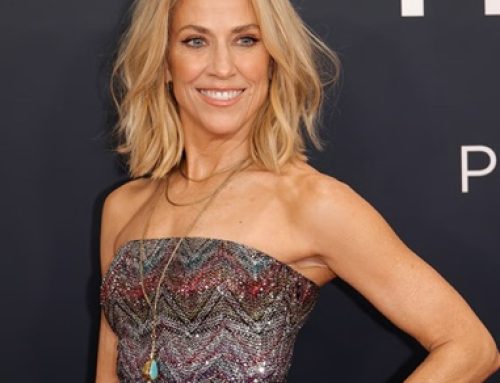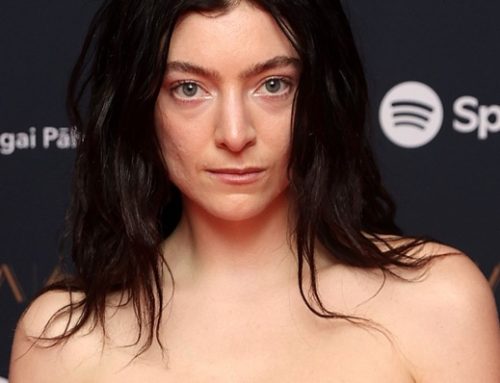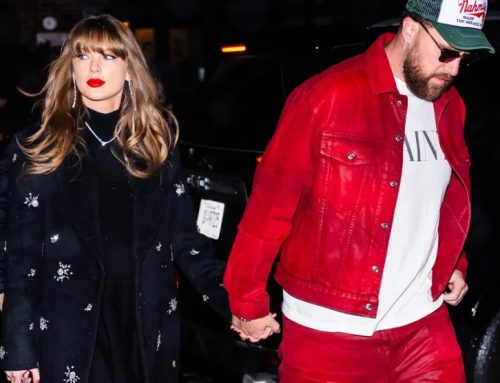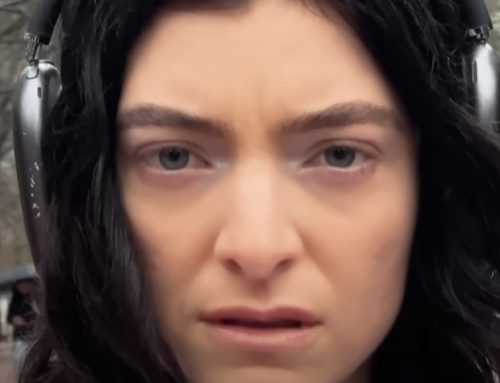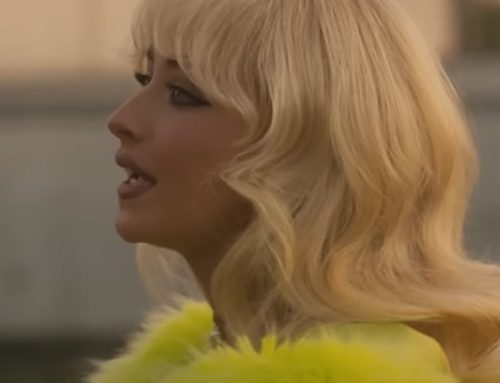“The overlap of the protectable elements alone prevents a judgment of noninfringement as a matter of law,” ruled U.S. District Judge Louis Stanton.
Ed Sheeran is not getting off the hook from plagiarism claims filed against him from the rights holders of Marvin Gaye’s 1973 classic “Let’s Get It On.”
On Thursday (Jan. 3), U.S. District Judge Louis Stanton in Manhattan rejected the British pop star’s request to dismiss a lawsuit against his 2014 hit “Thinking Out Loud” saying a jury should decide Sheeran’s liability, along with those of the song’s associated music companies. Sheeran is being sued by the heirs of “Let’s Get It On” co-writer Ed Townsend Jr.’s estate. He has denied any wrongdoing.
In Stanton’s opinion and order, he found enough similarities between the songs that he could not rule in favor of Sheeran’s request to dismiss. Specifically, he noted those elements include the songs’ harmonic progressions, harmonic rhythms, melodies, bass lines and percussion. While not all of those elements are necessarily entitled to copyright protection, Stanton ruled there were enough similarities to warrant a trial.
“Although the two compositions are not identical, an average lay observer could conclude that parts of TOL were appropriated from LGO,” he wrote. “Even applying the ‘more discerning’ analysis for works that have both protectable and unprotectable elements, the overlap of the protectable elements alone prevents a judgment of noninfringement as a matter of law.”
Sheeran is currently facing another lawsuit alleging “Thinking Out Loud” infringed on “Let’s Get It On,” which was brought by Structured Asset Sales LLC for $100 million in damages. That company is best known for selling $55 million in “Bowie Bonds” backed by royalties from David Bowie’s catalog.
The pop star singer-songwriter is also facing pending litigation over the song “The Rest of Our Life” he penned for Tim McGraw and Faith Hill and in 2017 gave up part ownership of “Photograph” to settle another lawsuit.


